Mental Health During the Pandemic
Here’s my interview on NPR’s The Takeaway on the mental health effects of the on-going pandemic:
At the start of the pandemic, I was quite surprised, as many of my patients who struggled with anxiety were my bright stars They were used to seeing threat, feeling fear, ruminating on bad things about to happen, and were now feeling validated and somewhat relieved, as others could now carry some of the worry for them. They had practice in labeling what they were feeling, teaching others coping skills they’ve found useful, and validating loved ones, and knew everyone was now in the same situation of stress and change.
About 4 months in, the story changed. Almost all of my patients every single session, talk about low energy, lack of motivation,difficulty focusing, irritability, general ennui- all symptoms of depression. They have things they could do, but no reason for doing them.
People with depression have negative self-appraisal. They often think negatively about themselves - why did I say that, I look bad, I am bad, I’ll never be anything. Now they have the space and time at home, without other distractions, to immerse in this negative self-dialogue.
Now there’s a new stress of feeling a different kind of isolated - physical distance doesn’t have to mean social isolation. But with such a wide spectrum of public health behavior, I have patients who feel even more isolated from friends/family who don’t share the same precaution behaviors (adults who are compliant with masking/distancing, and their older parents who are not as careful - so now there’s an underlying worry about their lives being in danger - also thoughts of “we aren’t in this together, and am I overreacting for wanting to be safe?”). People are scared to walk by someone on the street. We view everyone as a threat.
People are grieving - loss of life, jobs, security, relationships, former ways of living, community, childcare, and losing our normal outlets for coping (workouts, vacations, office talk, social outings).
Are we all depressed? Difficulty focusing/concentrating, low motivation and energy, poor sleep, general ennui - all are symptoms of depression. When should we be more concerned about loved ones who show symptoms of depression? Why aren’t more people seeking mental health care?
For more info, feel free to
read my field note on Depression During the Pandemic: The New Normal? ,
listen to my NPR interview with the Takeaway (above),
read my article for U.S. News & World Report on how to fix our broken mental health system and
read my article for NBC on how to manage uncertainty
